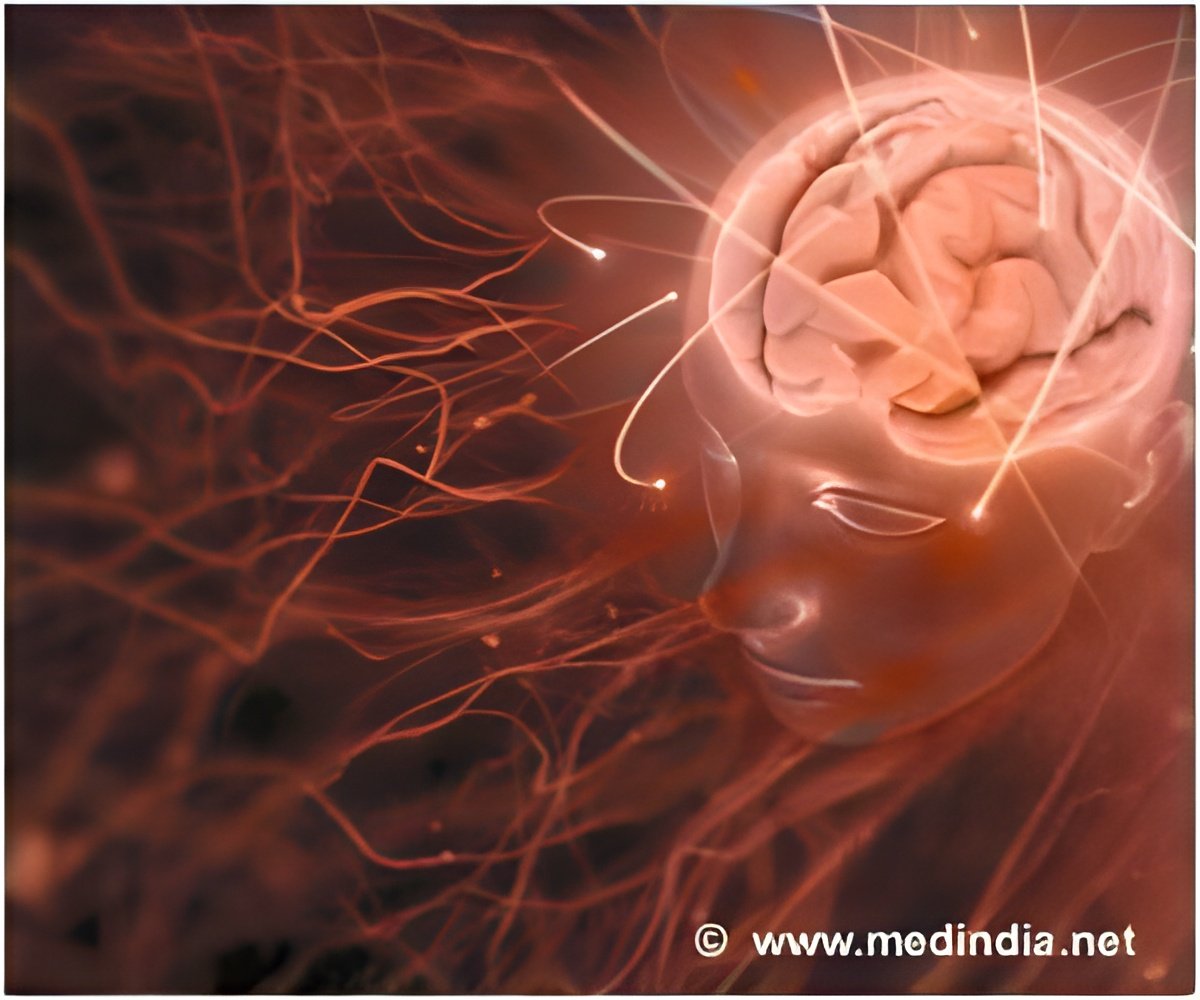For people with Parkinson's disease, deep brain stimulation may have a beneficial effect on driving ability.

"Up until now, we weren't sure how deep brain stimulation would affect driving," said study author Carsten Buhmann, MD, of University Medical Center Hamburg-Eppendorf in Hamburg, Germany. "On the one hand, it might enhance driving ability by improving the motor problems which occur with Parkinson's disease, but on the other hand, it might hamper driving because it potentially causes a decline in executive cognitive skills."
The study involved 23 people who had deep brain stimulators, 21 people with Parkinson's disease who did not have stimulators and 21 people who did not have Parkinson's disease. All of the participants had been driving at least once a week for more than 30 minutes within the previous three years. All were tested with a driving simulator. Those with stimulators completed the test three times: once with the stimulator on, once with it off and once with the stimulator off and after they were given the Parkinson's drug levodopa.
Looking at driving errors, the people with Parkinson's without stimulators performed worse than the control participants in every category except one, while the people with deep brain stimulators did not perform significantly worse than the controls in any category, and even performed better in the category of slight errors. Those with stimulators had an average of 3.8 slight driving errors on the test, compared to 7.5 for the controls and 11.4 for those with Parkinson's disease who did not have stimulators.
When looking at the tests of people with stimulators when they were turned on or off and off with levodopa, the driving was more accurate with stimulation on than with levodopa, with a total of 13 errors during the test on levodopa, compared to 11 with stimulation and 14 with neither treatment.
The study was supported by the Georg & Jürgen Rickertsen Foundation in Hamburg.
Source-Newswise
 MEDINDIA
MEDINDIA




 Email
Email










